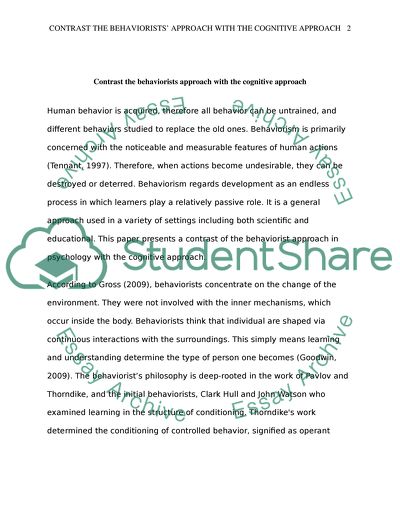Cite this document
(“Contrast the behaviourist approach in psychology with any ONE of the Essay”, n.d.)
Retrieved from https://studentshare.org/psychology/1472558-contrast-the-behaviourist-approach-in-psychology
Retrieved from https://studentshare.org/psychology/1472558-contrast-the-behaviourist-approach-in-psychology
(Contrast the Behaviourist Approach in Psychology With Any ONE of the Essay)
https://studentshare.org/psychology/1472558-contrast-the-behaviourist-approach-in-psychology.
https://studentshare.org/psychology/1472558-contrast-the-behaviourist-approach-in-psychology.
“Contrast the Behaviourist Approach in Psychology With Any ONE of the Essay”, n.d. https://studentshare.org/psychology/1472558-contrast-the-behaviourist-approach-in-psychology.


